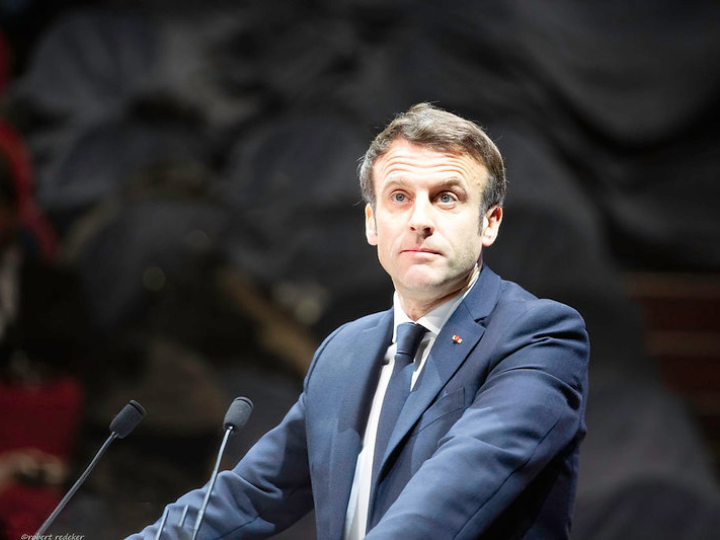“If it is necessary (to help Greece), and we do not believe it to be necessary, we have made a decision on the instruments", said the President of Euro Group, Jean-Claude Juncker of Luxembourg, in a press conference at the end of the meeting.
Answering a question about which conditions would necessitate an intervention, he said that it would arise "if we have the impression that the markets are not reacting appropriately, but we do not think" this will occur, since Greece is taking appropriate measures.
The President of Euro Group did not reveal which solution had been considered if Greece's finances have to be rescued, but said that the mechanism "would be activated quickly", it does not include loan guarantees and is "totally in line with the treaty" of the monetary union; all the members of the euro area would participate in a "collective effort".
The Euro Group also addressed the question of differences in competitiveness between countries in the euro area, a disparity which "has widened since the creation of the euro" and which constitutes "a serious problem", according to Juncker.
Moreover, the European ministers reviewed the economic situation of the Eurozone. They confirmed, said Juncker, that growth "remains fragile", but a change in exit strategy is not necessary.
Euro Group clarifies the technical methods for helping Greece if necessary
The Ministers of Economy and Finance of the euro area countries in Brussels, clarified which mechanisms could be applied to help Greece if necessary, paving the way for the Council to make a decision.

“If it is necessary (to help Greece), and we do not believe it to be necessary, we have made a decision on the instruments", said the President of Euro Group, Jean-Claude Juncker of Luxembourg, in a press conference at the end of the meeting.



 By: N. Peter Kramer
By: N. Peter Kramer
